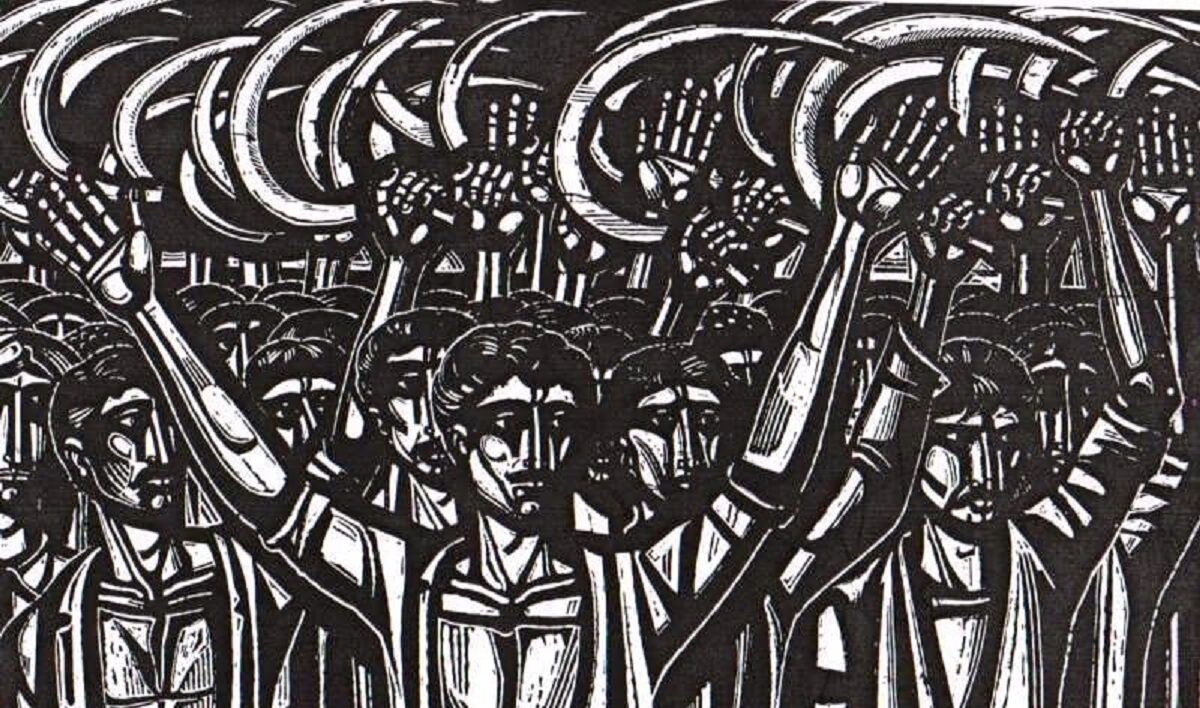
Thessaly passed into Greek territory in 1881. Naturally, it immediately occupied a central position in the country’s economy due to its agricultural production.
The lands of Thessaly were purchased from the previous, Turkish owners mainly by Greek capitalists οf the diaspora, stimulating even more…
the Greek economy. However, the transition from the Turks to the Greeks landowners not only did not improve the lives of the farmers but
on the contrary, their position deteriorated. They continued to cultivate small areas but now they also lost the few privileges they had, as the landowners – tsifliks had the right to evict them from their houses and the land they were cultivating. Instead of a monetary rent, the framers were obliged to give the chieftains a large part of the crops and products. They lived in miserable conditions, plagued by disease, they had no medical care and were obliged to put up with physical violence from the owners.
From the beginning of the 20th century the farmers ( koligi-the few) joined social movements demanding expropriation of the land with continuous mobilizations, rallies and uprisings.
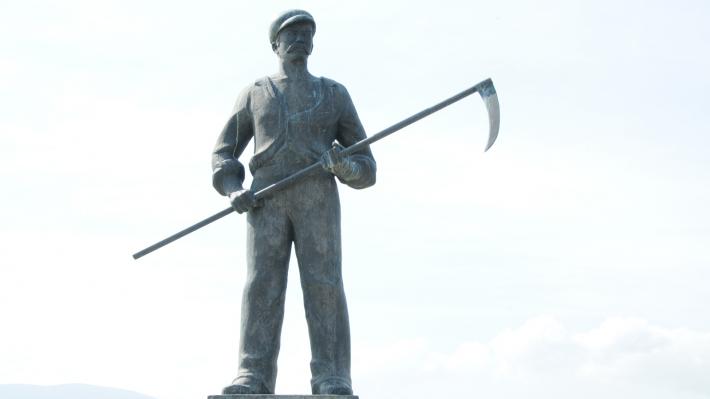
Μαρινος Αντύπας / Marinos Antypas
Marinos Antypas emerged as the leading figure of the mobilizations. He had embraced the socialist ideas from his student days, leading struggles for the improvement of the position of the peasant and working classes. He came from Kefalonia and was studying law in Athens when in 1906 he gave up his studies to settle in Thessaly where he worked as a foreman on his uncle’s farms.
As a foreman he applied his ideas to improving the lives of the peasants. He introduced the Sunday holiday, proceeded with the cancellation of debts, increased the number of the percentage of the production that the farmers kept as wages. But he was not content with just that so he continued his speeches and organized rallies.
The landowners, seeing his popularity, his influence and his militancy. wanted to get rid of Antypas. So they plotted his assassination on the 8th. March pf 1907 at Pyrgettos in Larissa.
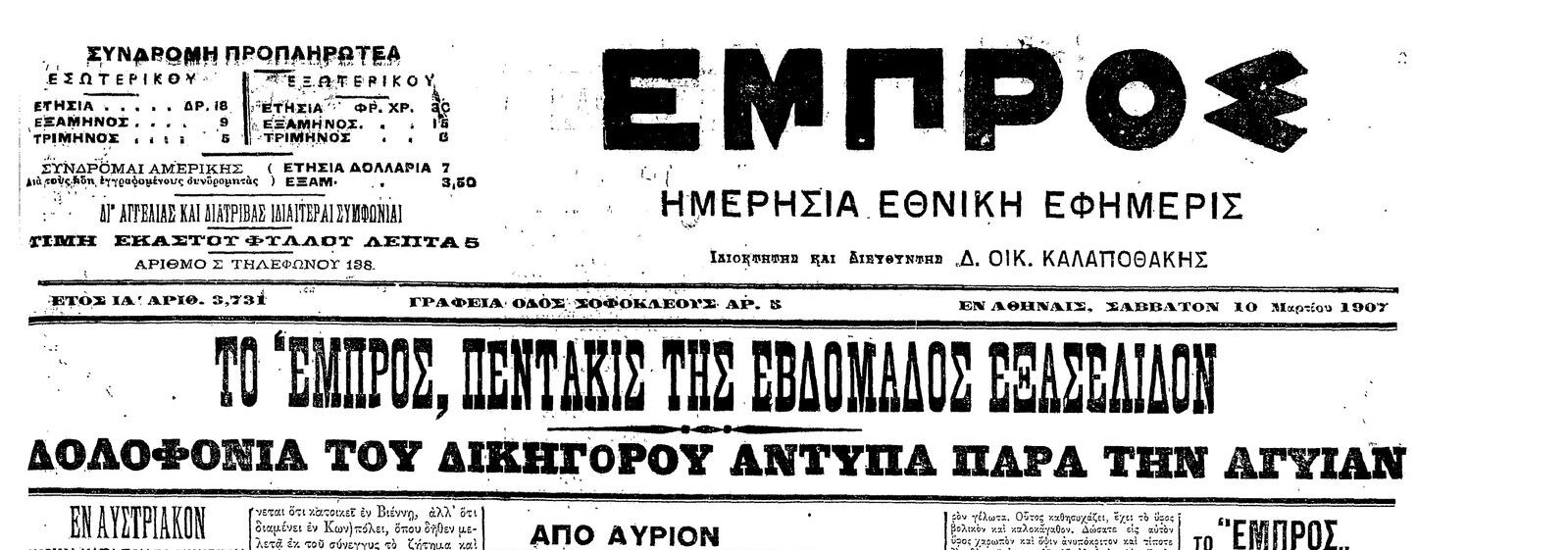
However, Antipas’ ideas continued to live on, mobilising the peasants of the region of Thessaly and inspire their struggles. A year after his assassination, the the uprising in Killeler brought a first great victory to the peasant movement. In 1911 El. Venizelos took the first measures in favour of the farmers.
The grave of Marinos Antypas is located in the village of Omolio in the municipality of Agia, where and the Folklore Museum and Agricultural Exhibition “Marinos Antypas” are also located. Now, every year in March the Municipality holds events in the village to honour the memory of man who fought for equality, brotherhood and freedom.

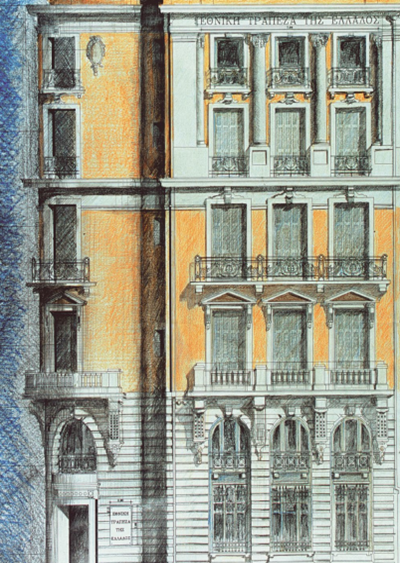
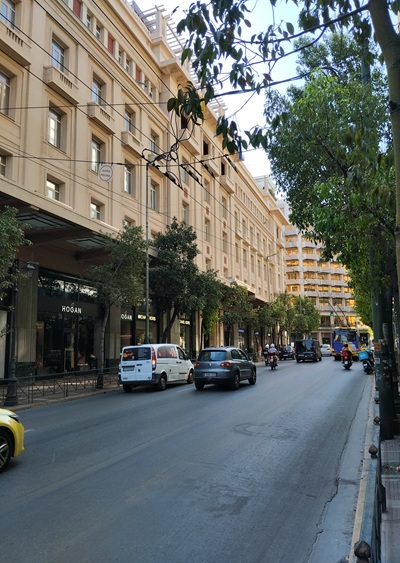

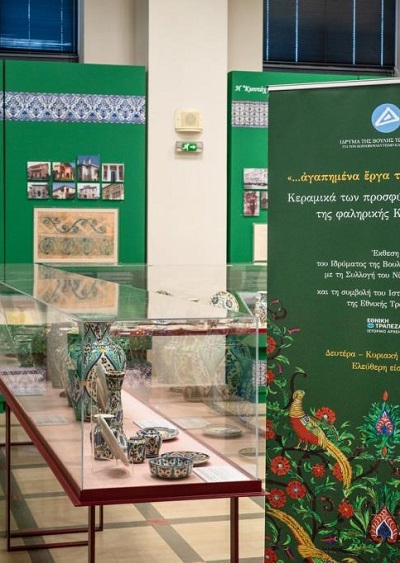


Leave A Comment